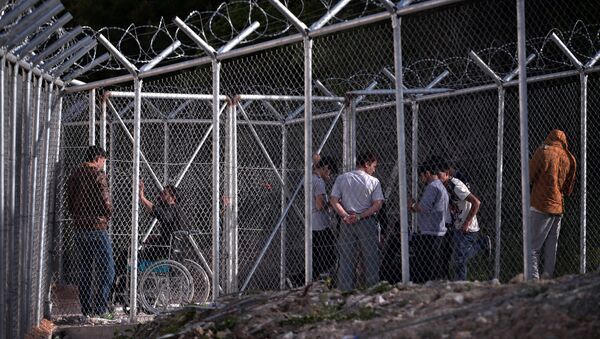WARSAW (Sputnik) — EU states can agree on some aspects of migration policy, but are unlikely elaborate a common position, Hungarian Prime Minister Viktor Orban said Monday.
"We can reach agreements on particular elements [of migration policy], but I doubt whether we can ever develop a common migration policy," Orban said following the Visegrad-Benelux member states summit in Warsaw.
Orban stressed that the lack of consensus on key aspects of the issue is caused by differences between the countries.
"Migration affects every European country, every nation. It will be difficult for us to arrive at a common position [on the issue]. Every country is different and has different culture and traditions," Orban said.
In June, the European Commission informed these member states that it was planning to launch infringement procedures against Prague, Warsaw and Budapest over their refusal to accept refugees, which could potentially lead to sanctions. The letters of formal notice were forwarded to the three states on June 14, with a response due within 30 days.



